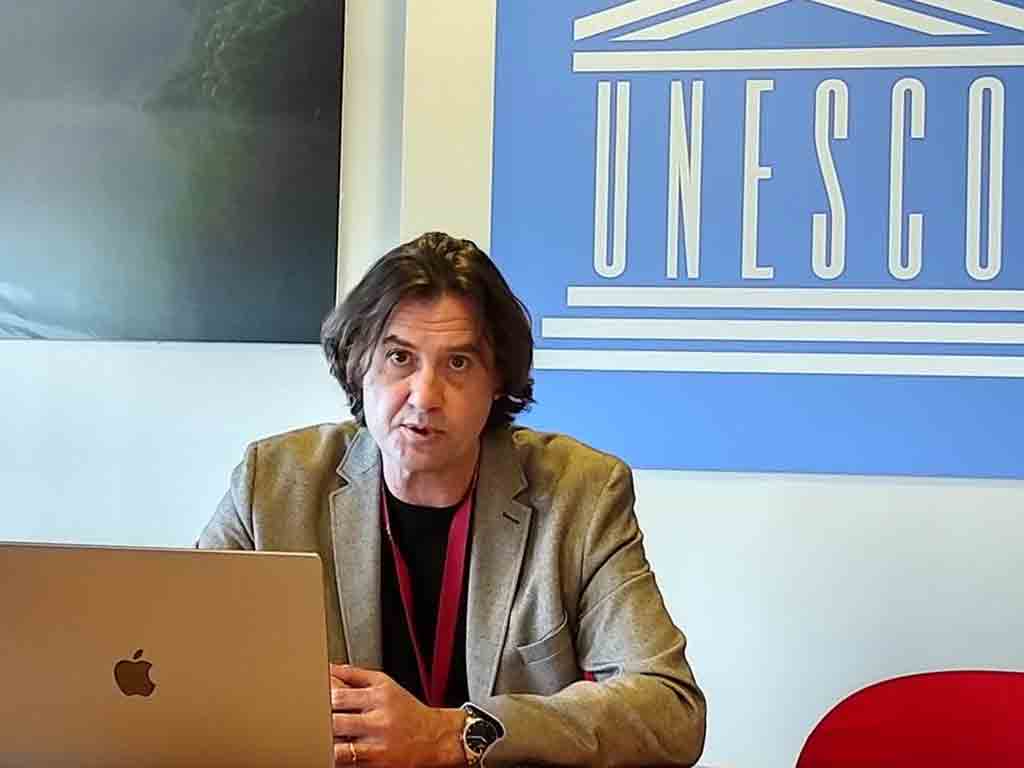In statements to Prensa Latina, the editor-in-chief of the United Nations World Water Development Report 2024, published by the United Nations Educational, Scientific and Cultural Organization (UNESCO) on behalf of UN-Water, addressed the need to do more in the face of the sixth goal of the 2030 Agenda: “Ensure availability and sustainable management of water and sanitation for all,” a goal that is clearly almost impossible to achieve.
According to the Canadian biochemist, the current scenario has a particular impact on the poorest people, showing the urgency of investments and subsidies.
Water and sanitation are seen as social and environmental issues in a world where, unfortunately, it is economic issues that drive decision-making, he said in the context of the launch of a report linking access to the precious resource with peace and prosperity.
Connor claimed that it is the poor who pay the most, in relation to their income, for these services, which also lack the required quality, a fact of inequality that he called for reversing.
In his opinion, the added value for societies of equitable and quality access to water, in terms of health care, education and labor force, should be assumed from the political will.
According to the editor-in-chief of the report, which was presented on World Water Day on Friday, one of the problems to overcome is that official aid sometimes does not reach the communities, because it is usually earmarked for large projects.
In this regard, he considered it important that aid recipients seek to empower communities.
The UNESCO report establishes that 2.2 billion human beings do not have a safe supply of drinking water, while 3.5 billion lack access to adequate sanitation services, a panorama that distances the fulfillment of the sixth goal of the UN 2030 Agenda.
jg/arm/mem/wm










